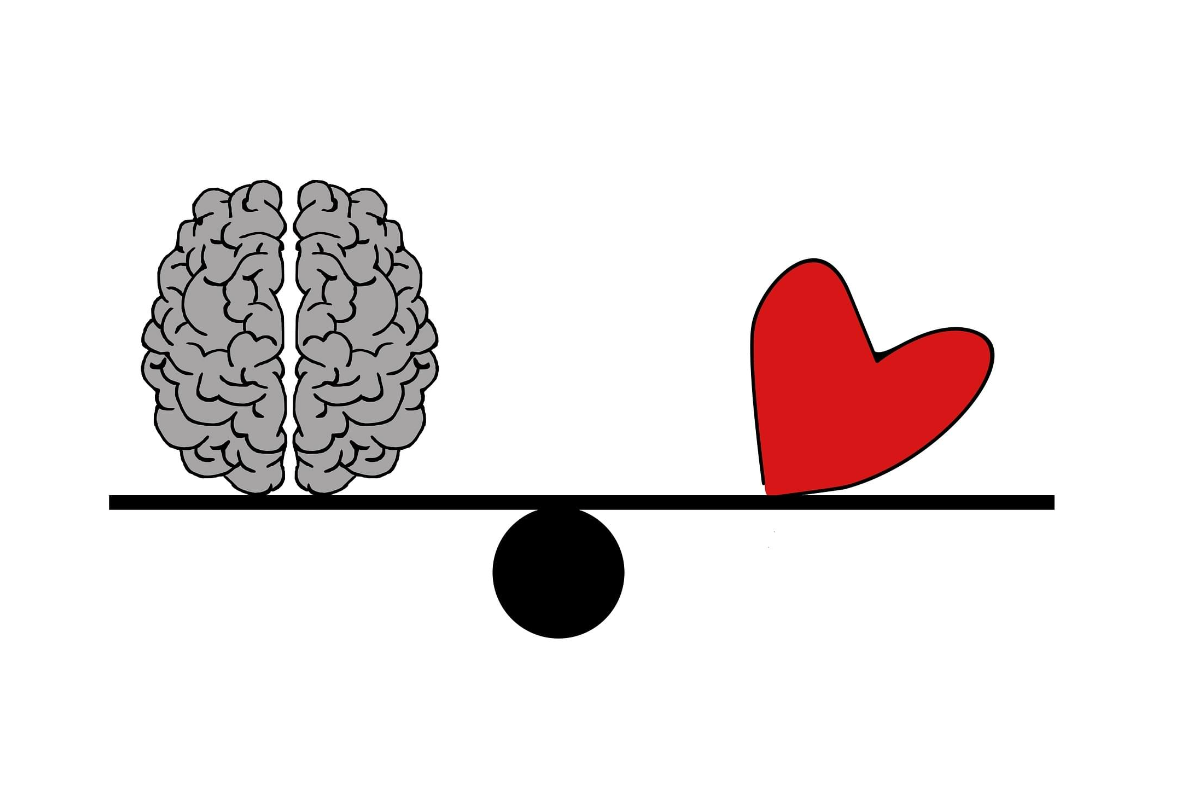
Mastering Anxiety Relief: The Transformative Power of Hypnosis Training
Are you passionate about helping others overcome anxiety and reclaim their lives? Do you want to become a trusted ally in guiding individuals toward lasting relief from anxiety? If so, embarking on the journey of hypnosis training could be your path to making a meaningful impact in the field of mental health. In this comprehensive guide, we’ll explore the transformative potential of hypnosis training in addressing anxiety and promoting holistic well-being. We’ll also introduce you to the innovative One Belief Away™ Hypnosis Method and Certification, a powerful approach to anxiety relief and personal transformation. Hypnosis training is a specialized form of education and skill development that equips individuals with the knowledge, techniques, and ethical guidelines necessary to practice hypnotherapy effectively. Hypnosis training programs vary in length, content, and focus, but they typically cover essential topics such as hypnosis theory, induction techniques, therapeutic applications, and ethical considerations. Hypnosis has emerged as a valuable tool for anxiety relief, offering a safe, non-invasive, and highly effective approach to addressing the underlying causes of anxiety. Through hypnosis training, individuals learn how to induce a state of deep relaxation, heightened focus, and suggestibility in their clients, allowing them to access the subconscious mind and facilitate positive behavioral change. Hypnosis training provides aspiring hypnotherapists with the skills and confidence needed to work with clients experiencing a wide range of anxiety-related issues, including generalized anxiety disorder, panic disorder, social anxiety disorder, phobias, and more. By mastering hypnosis techniques and therapeutic interventions, trained hypnotherapists can help clients identify








